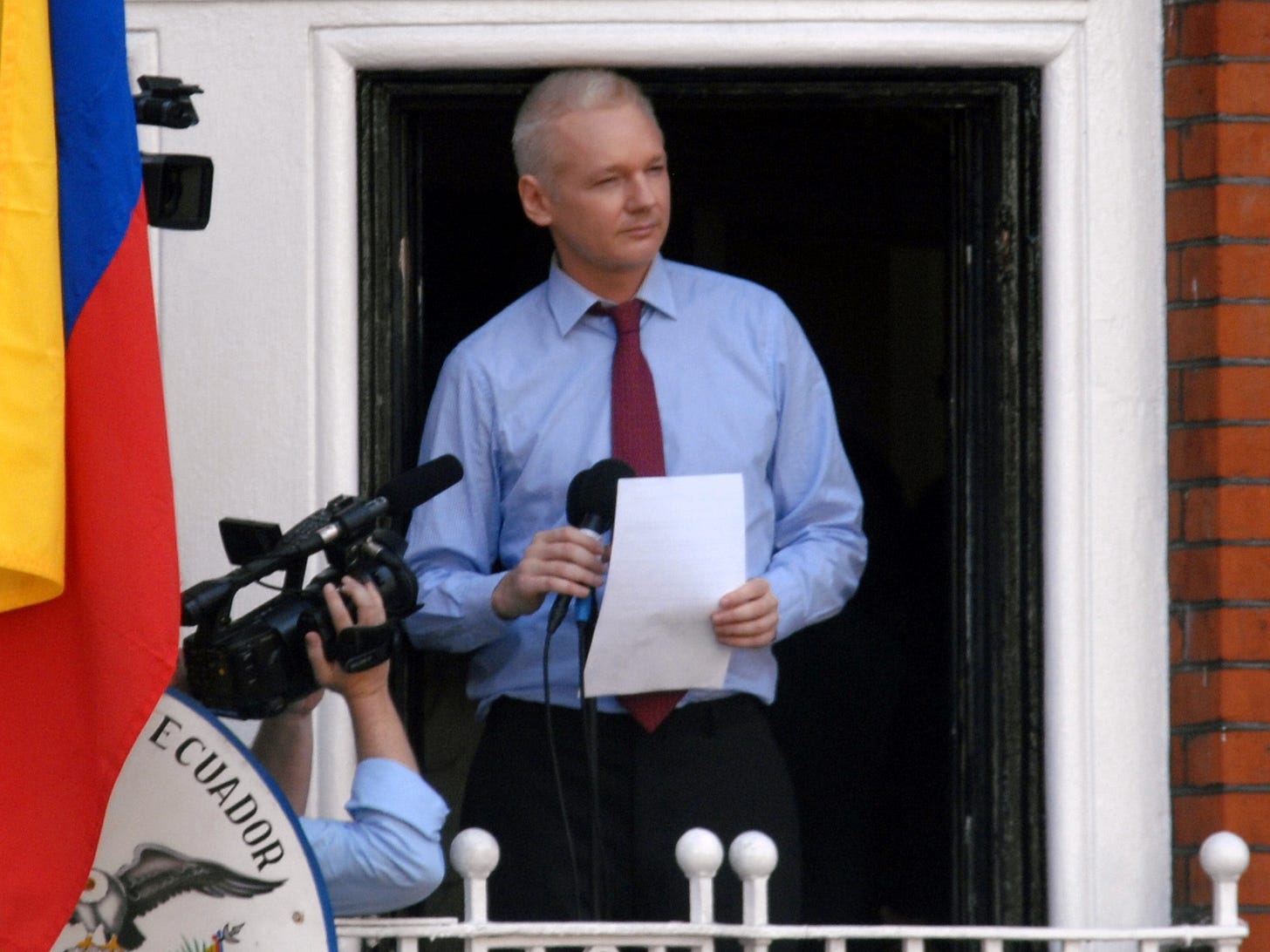Assange wins
District judge says it would be oppressive to extradite him to US on espionage charges
Here are the key extracts from District Judge Vanessa Baraitser’s ruling this morning:
278. Section 91 of the Extradition Act 2003 provides:
(1) This section applies if at any time in the extradition hearing it appears to the judge that the condition in subsection (2) is satisfied.
(2) The condition…



